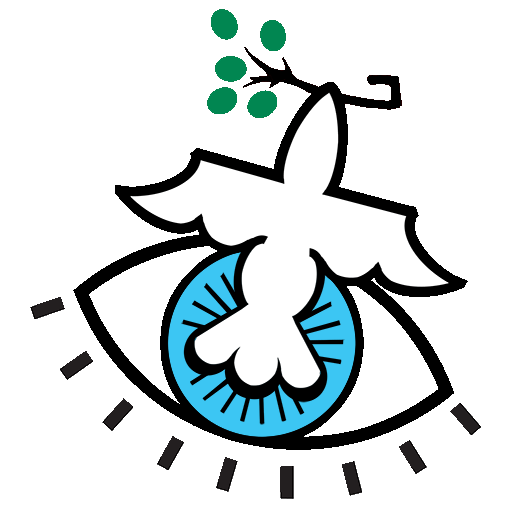In 1968, I was living on the South Side of Chicago at 67th and Paxton streets, right off Jackson Park, and I was working on my Ph.D. in philosophical theology at the University of Chicago ( UChicago ).
Living in a basement apartment for $50 per month, including all utilities, I was experiencing the rapid change of this South Side area from comfortable white and Black middle class to mostly poorer Blacks. The Southmoor Hotel, at 67th and Stony Island, had lost a few of its letters and all of its inhabitants, and was taken over by the Blackstone Rangers. I walked to the University of Chicago through Jackson Park, getting picked up by the police for suspected drug-pushing ( “Why else would a white man be walking through Jackson Park?” ) until they got used to me taking this path to the University.
While working with women dancers on the South Side—who created dance theater around the themes of liberation of women—I joined the first gay consciousness group formed at UChicago I came to women’s lib through philosophy and through women’s lib I came to gay lib. Although I knew I was QUEER from the moment I was a zygote, I never systematically pursued the philosophical ‘meaning’ of my sexuality until women’s liberation.
When the Democratic National Convention came to town, I was already working for Eugene McCarthy, and really did not want to see Hubert Humphrey nominated. I had had it with conventional mainstream politics.
I participated in two demonstrations during the convention: one in Grant Park, where I met Jean Genet and Allen Ginsberg and came to understand the power of the word to provoke social transformation and the tremendous solidarity of the sisterhood of poets and artists working together for justice; the other was where the Chicago police and the National Guard boxed us into the LaSalle Street canyon, ordered us to disperse with all ways blocked and then tear-gassed us. That demonstration ended forever my participation in demonstrations. I am so allergic to tear gas I would have done anything to get away and that was a feeling I never wanted to experience again.
During the convention I attended a production of Genet’s The Maids, which pushed me decisively into developing my poetry into works of art for the theater.
When Humphrey was nominated, I decided not to vote in the general election—a big mistake on my part that I have never repeated.
The year 1968 convinced me that I had to leave the South Side and move north to be part of a larger artistic and gay community. In 1970, I moved to Halsted Street, rented a two-story building with a storefront on the first floor and an apartment on the second. The storefront became a bookstore dedicated to women and the liberation of women; the apartment became a collective dedicated to grass roots neighborhood work for social justice.
On the North Side of Chicago, I participated in the first gay community center set up by Gary Chichester, and in the very first Gay Pride Parade. I also continued my work organizing community around the issue of healthcare—begun with Erik Kast on the South Side—now with the gay men and women medical students who would form the Howard Brown Health Clinic ( now Howard Brown Health ).
For me, women’s lib and gay lib are part of human liberation. The year 1968 taught me the power of the arts, the necessity of grassroots organization, and that solidarity and unity are essential to all movements for the liberation of the human body and spirit.
_______________________________
WCTimes : 22 August 2017
